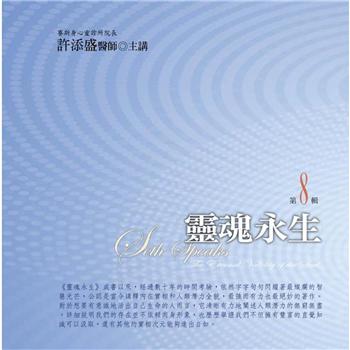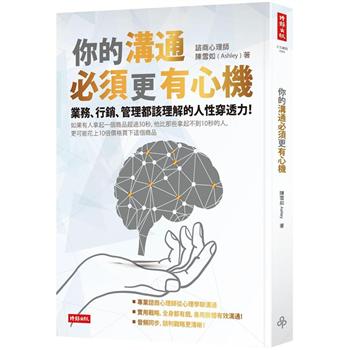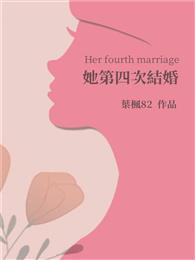The twentieth-century reality in the Unites States was harsh for Japanese immigrants who attempted to settle down and follow their dreams in the new land. Prejudice and discrimination against the newcomers, rife among Americans, were exacerbated by the ramifications of World War II events, including the Pearl Harbor attack, which irrevocably changed the pattern of immigrant lives. In the aftermath, internment camps that ensued became an inexorable part of their already miserable existence. The book delves not only into the painful past of the Japanese immigrants and their immediate descendants but also illustrates a wide array of Japanese customs that the immigrants brought with them as their rich cultural legacy. It also engages in discourse on acculturation and acculturation strategies adopted by the two generations. Japanese-American authors, in their fictional and non-fictional literary accounts, reveal the search for their ethnic identity and resulting tensions between their American and Japanese selves. An examination tool employed for the purpose of the study has been developed by John Widdup Berry, a cross-cultural psychologist, who has formulated acculturation theory with its strategies of assimilation, integration, separation and marginalisation. The book attempts to examine cultural attitudes (preferences) of Japanese immigrants and their offspring, and their cultural practices (reflected in acculturation strategies). It also presents the reader with a wide array of cultural aspects of life in the United States that-through the lens of acculturation strategies-reflect a rich literary matrix of intersecting sociocultural, historical and political factors inscribed in the twentieth-century reality of Japanese immigrants and their Japanese-American offspring. Engaging not only for academic professionals but also for those curious readers who long to inspect the past and its cultural interrelations through the memories of witnesses and their literary heritage they have left.
| FindBook |
|
有 1 項符合
dziekonska的圖書 |
 |
$ 2199 ~ 6875 | Japanese-American Literature Through the Prism of Acculturation
作者:Jarmolowicz-Dziekońska 出版社:Routledge 出版日期:2023-04-28 語言:英文 規格:精裝 / 304頁 / 普通級/ 初版  共 2 筆 → 查價格、看圖書介紹 共 2 筆 → 查價格、看圖書介紹
|
|
|
圖書介紹 - 資料來源:博客來 評分:
圖書名稱:Japanese-American Literature Through the Prism of Acculturation
內容簡介
作者簡介
Malgorzata Jarmolowicz-Dziekońska received her PhD in Literature from the Faculty of Philology, University of Bialystok, Poland. She is currently Lecturer in the Department of Foreign Languages, Medical University of Bialystok, Poland. Her major fields of my academic interest comprise ecocriticism, postcolonial and cultural studies with a focus on ethnicity and identity formation in the context of immigrant narratives.
|











